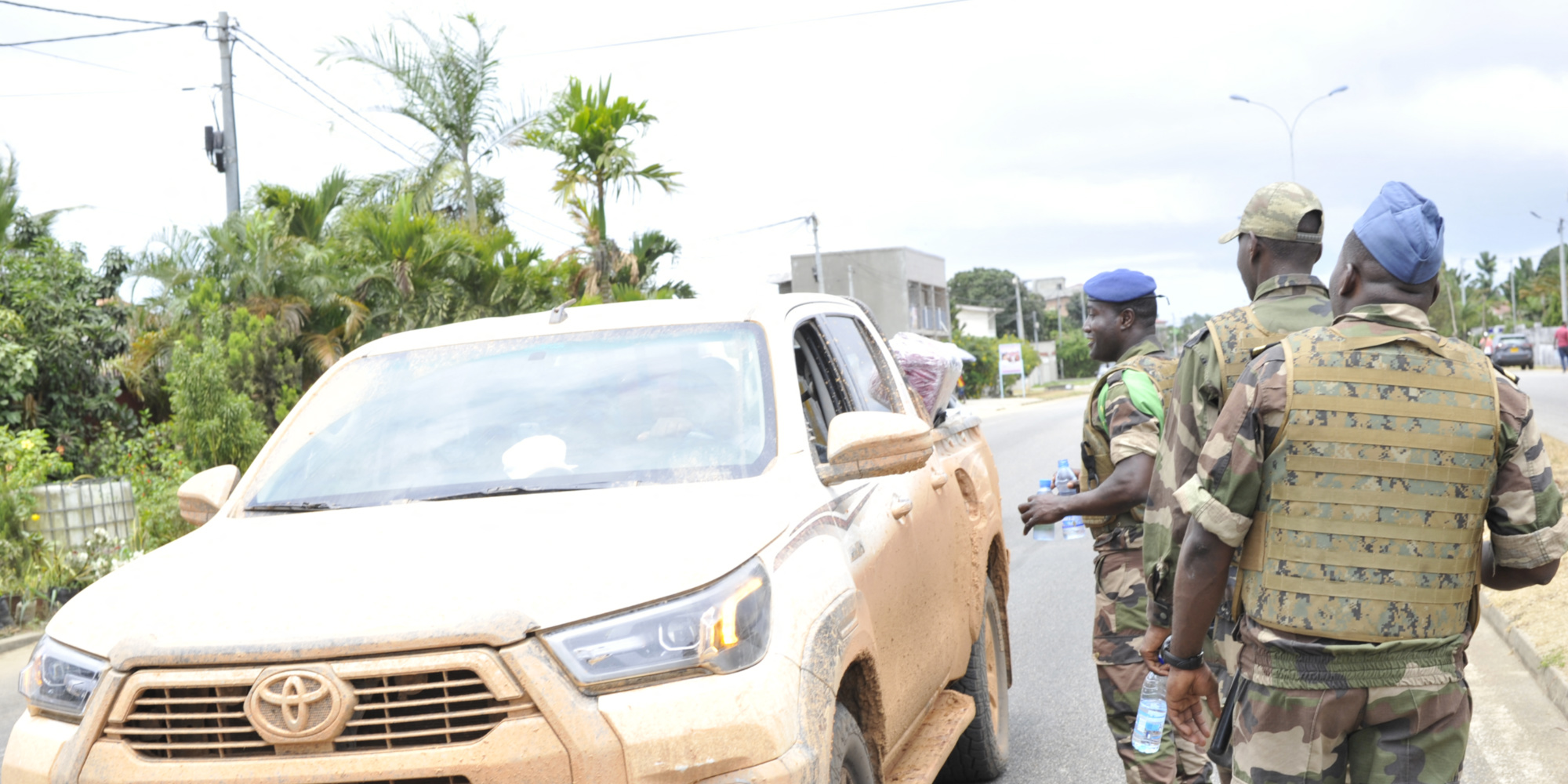William Molinié, edited by Gauthier Delomez / Photo credits: AFP
Although it occurs a month after the putsch in Niger, the military coup in Gabon takes place in a different context. It was this Wednesday morning, after the re-election of Gabonese President Ali Bongo, that soldiers announced that they had put “an end to the regime in place” and had placed the president “under house arrest”. But for the moment, the putschists do not point the finger at French interests in the country.
For the moment therefore, the French armies are not affected. They hope that this will continue to be the case, and for that, the watchword is discretion so as not to attract attention. The armies want to prevent this general putsch in an electoral context from turning into an anti-French coup.
400 French soldiers in Gabon
In Gabon, the French military influence is relatively weak today. There are at most 400 tricolor soldiers stationed there, including the 6th Marine Infantry Battalion, located in the de Gaulle camp in Libreville, the country’s capital. This controls the stocks of food, equipment and ammunition, maintains vehicles and stores fuel.
An air unit is also located on base 175. It provides reception and logistical support for aircraft on secondment or passing through the region.
Prevent France from becoming a subject in this crisis
In reality, it is above all a training mission that is provided on the spot, first for the Gabonese army but also for ten other countries of the Economic Community of Central African States (ECCAS). Moreover, no special force is in Gabon, unlike in Niger.
According to information from Europe 1, the instructions given by Paris to the soldiers on the spot are to let the Gabonese manage their internal affairs, and do everything to prevent France from becoming a subject in this internal political crisis. For the moment, no proven threat has been detected on French people. The putschists themselves have not planned, they say, to review the defense agreements that have bound the two countries since Gabon’s independence in 1960.
